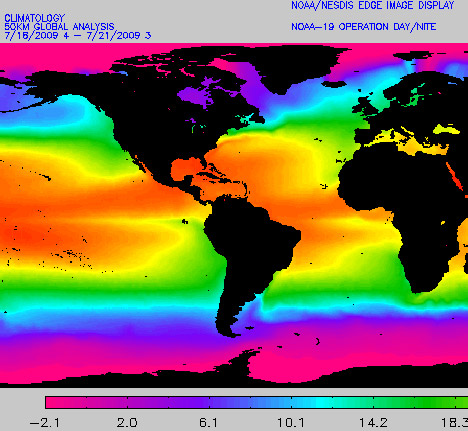
With the passing of the Stimulus package, we just went another $789 billion into the red. One thing Warm Home Cool Planet noticed missing amongst all the talk about job creation, ‘shovel ready’ projects and tax cuts was the notions of discouraging some of the behaviors that have us behind the 8 ball finance-wise and energy-wise. We need to eliminate the product choices and behaviors that $100 billion spending on energy efficiency and energy creation is hoping to achieve over the next two years.
We like this innovative policy idea from the South African Finance Minister Trevor Manuel. Within his 2009 budget are several revenue generating measures that will actively encourage people to think more about their usage of energy–in the home, at work and in the car. They range from the very grand to the seemingly mundane. For instance:
Also proposed, was the introduction of an environmental levy on incandescent light bulbs to promote energy efficiency and reduce electricity demand. It was recommended that an environmental levy of about R3 a bulb (between 1c and 3c a watt) be levied on incandescent light bulbs at the manufacturing level, and on imports from October 1, 2009. This will encourage the widespread deployment and use of compact fluorescent bulbs, which last significantly longer and use up to 5 times less electricity.
Hey, our new debt won’t pay for itself folks.


 While climate change skeptics continue to derail needed climate policy and deepen the public’s confusion on accepted science, the planet is exhibiting more acute global warming symptoms. Recent observations are indicating that climate change is occurring at a faster pace and of a greater magnitude than predicted by IPCC models. Our Oceans are showing a decreased ability to absorb our excess carbon, leading to ocean acidification–
While climate change skeptics continue to derail needed climate policy and deepen the public’s confusion on accepted science, the planet is exhibiting more acute global warming symptoms. Recent observations are indicating that climate change is occurring at a faster pace and of a greater magnitude than predicted by IPCC models. Our Oceans are showing a decreased ability to absorb our excess carbon, leading to ocean acidification–  Remember back in 2007 when annual sea ice hit its lowest level ever recorded and declined at a rate far surpassing scientists worst predictions? Arctic sea ice during the 2007 melt season plummeted to the lowest levels since satellite measurements began in 1979. The average sea ice extent for September 2007 was 4.28 million square kilometers (1.65 million square miles), the lowest September on record, shattering the previous record for the month, set in 2005, by 23 percent.
Remember back in 2007 when annual sea ice hit its lowest level ever recorded and declined at a rate far surpassing scientists worst predictions? Arctic sea ice during the 2007 melt season plummeted to the lowest levels since satellite measurements began in 1979. The average sea ice extent for September 2007 was 4.28 million square kilometers (1.65 million square miles), the lowest September on record, shattering the previous record for the month, set in 2005, by 23 percent.